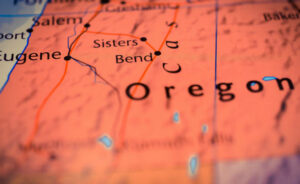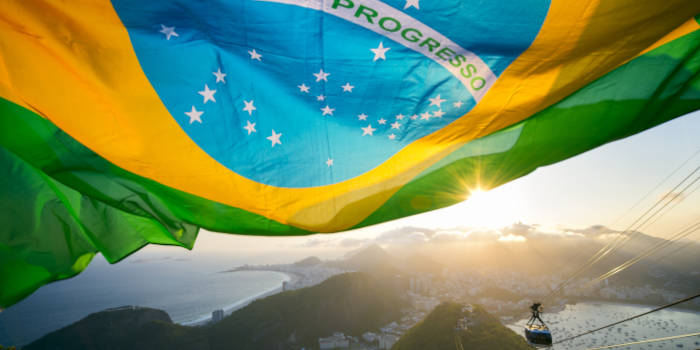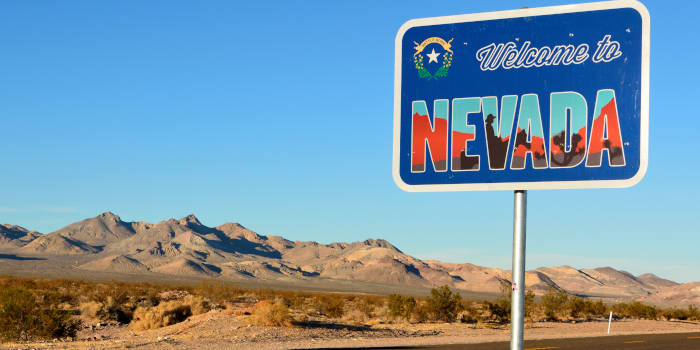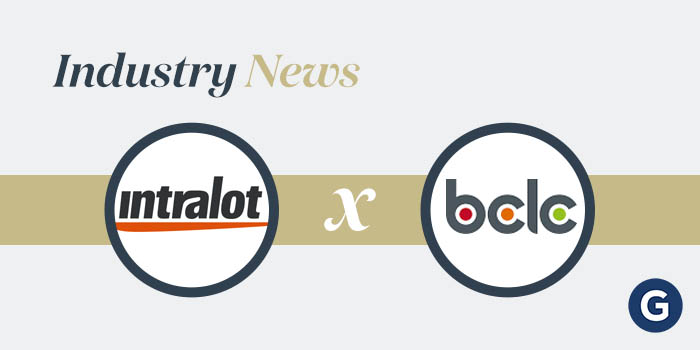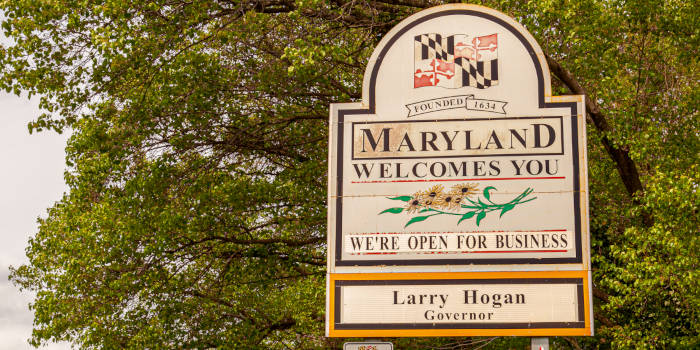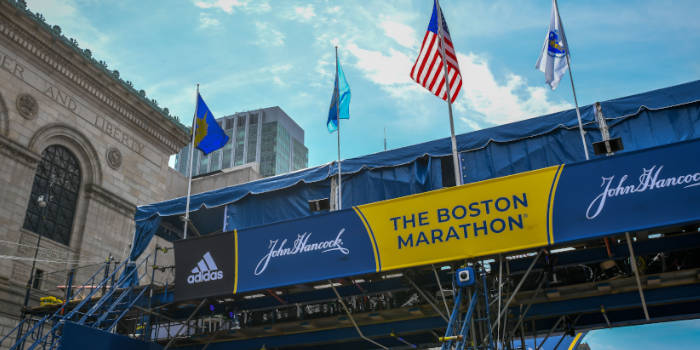Sports Oregon Proposes Breakout of Sports Betting Monopoly
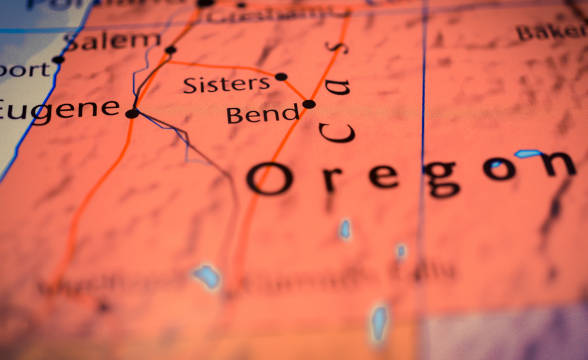
Sports Oregon, an economic development organization with a wider sports industry representation, including sportswear brands Adidas and Nike, as well as NBA’s Portland Trail Blazers, is pushing for sports betting expansion in the state, reported LSR.
Monopoly vs Open Betting Market
Arguing that Oregon’s monopoly model is “outdated and short-changes the state in millions of dollars of revenue,” Sports Oregon’s external affairs and special projects specialist Nathan Nayman presented the case for a sports betting model change during the meeting of the Oregon Joint Interim Committee on Gambling Regulation on Friday.
The presentation in front of the committee members revealed that Sports Oregon had hired the services of Innovation Group to determine the full potential of the state’s sports betting market which accounted for $31.8 million of revenue for the past twelve months ended March 31, 2022, generated by a single operator – Boston-based DraftKings which runs the Oregon Lottery’s sports betting operations through the Scoreboard brand following the acquisition of SBTech.
According to Sports Oregon’s estimates, the state sports betting market has the potential to generate through license fees and state taxes by year five up to $289 million if the model changes from the current monopoly to an open and competitive one. If the revenue rate from the last twelve months of $31.8 million is maintained, by year five the current monopoly model will account for $159 million in revenue.
Nayman also considered that the revenue share agreement splitting the sports betting revenue equally between the Oregon Lottery and the state brought around $16 million for the state, while an open model applying between 15% and 20% tax will bring in by year five up to $62 million.
‘Profound Increase in Revenue’
What Nayman did not tell committee members is that if the monopoly sports betting model is maintained, the rate from the last twelve months by year five should account for $90 million in state taxes which is 45% more than what the open market will generate.
Stating that if Oregon’s sports betting model opens to competition, it “could generate a profound increase in revenue,” Nayman considered numerous other factors that play a role in Sports Oregon’s and its members’ push for opening the market, including fan engagement, sports integrity, problem gambling, and tribal inclusion, as well as advancements in technology and its application within the sports industry.
At the end of the informative presentation, Nayman pointed the committee members’ attention to the sports betting models implemented by the states of Arizona and Ohio as examples of how an open model in Oregon would function and outlined Sports Oregon’s determination to continue to work with legislators on the subject.
With 4 years experience as an analyst, Julie—or ‘Jewels’, as we aptly refer to her in the office—is nothing short of a marvel-worthy in her attention to the forex and cryptocurrency space as she quickly became the first pick to co-pilot education to the masses with Mike.

